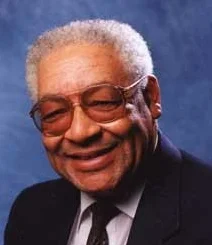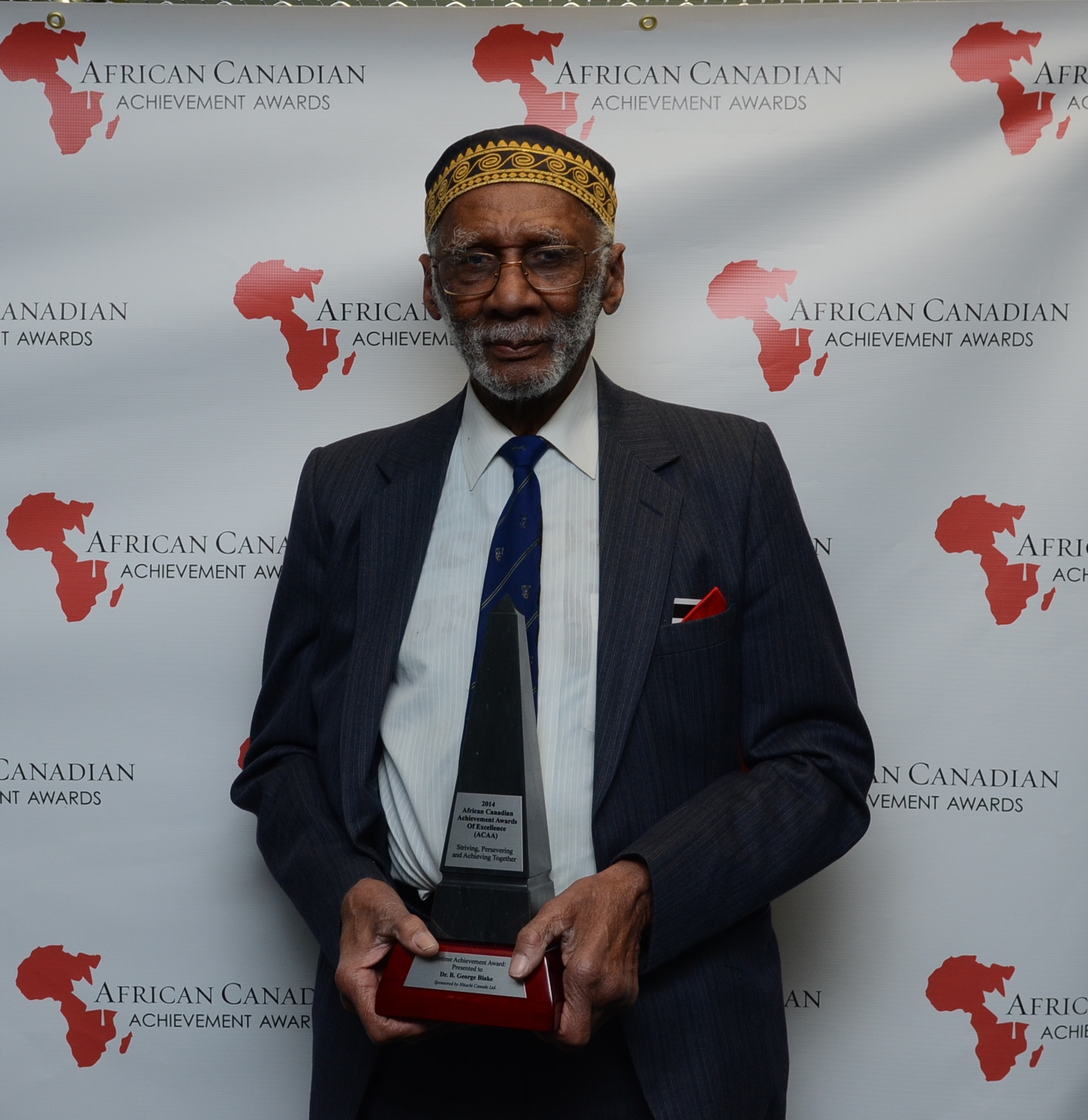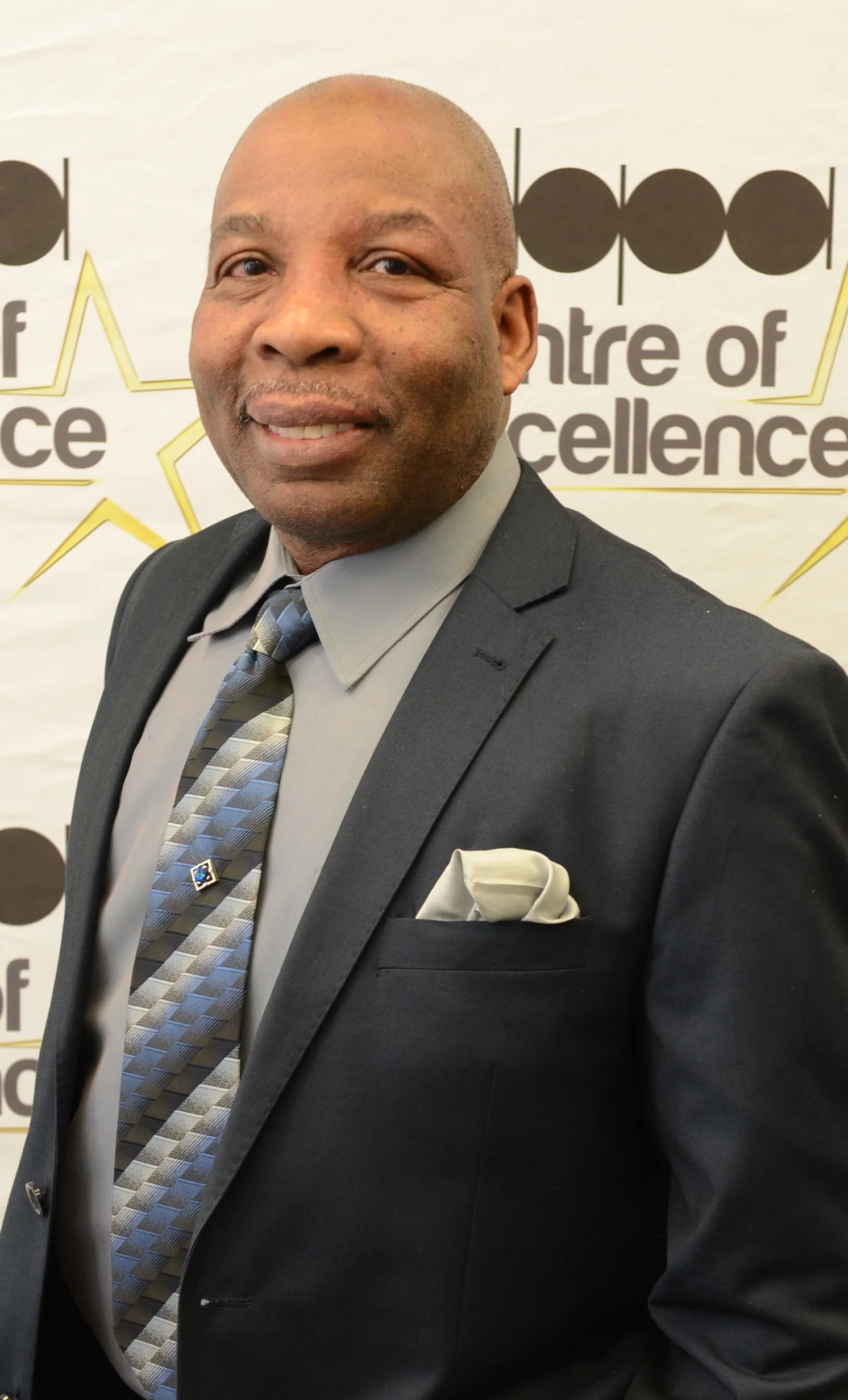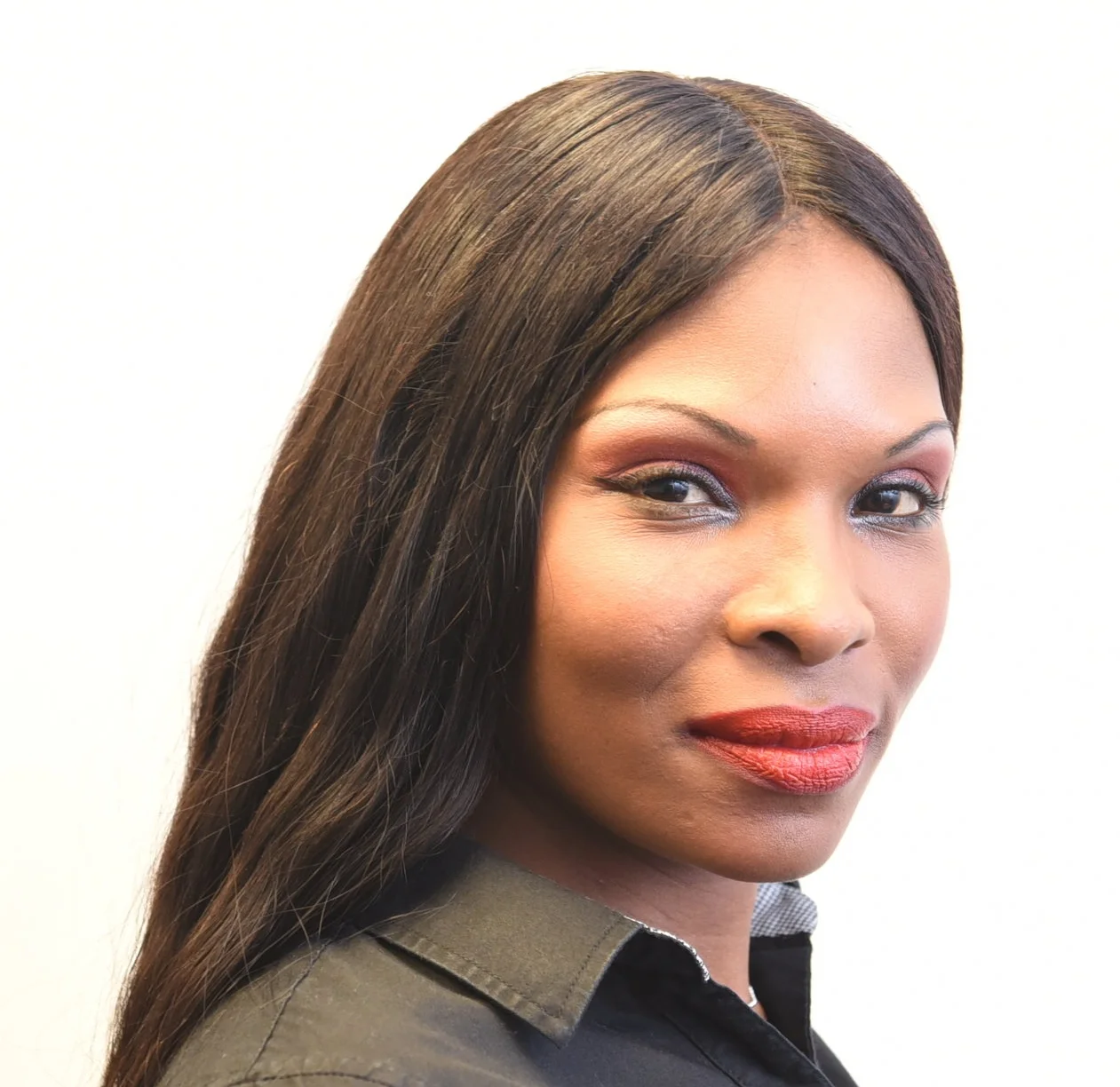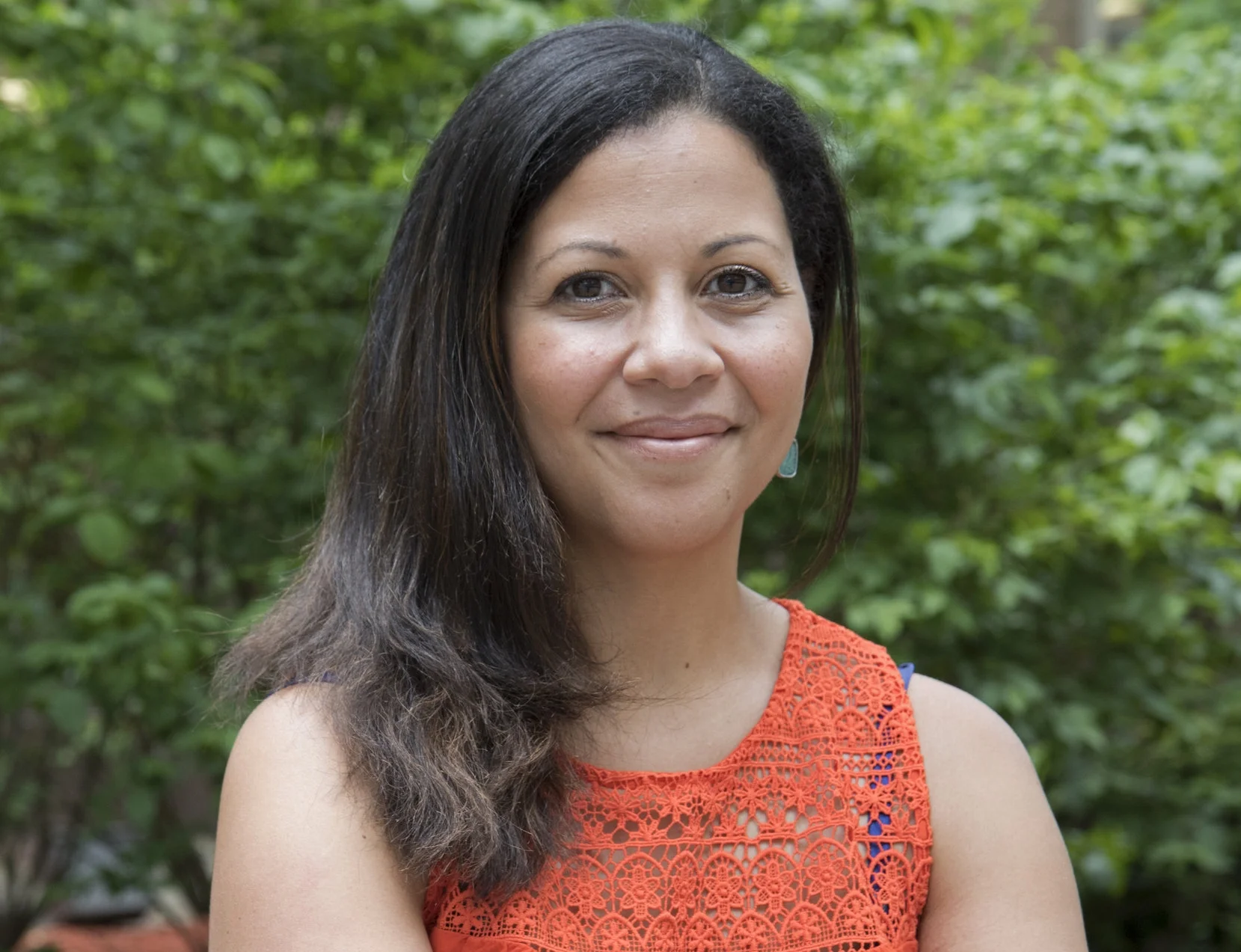Educator seeking recognition for two of Durham stalwarts
March 4, 2018
Fred Upshaw was the first Black person to lead a major Canadian trade union.
Dr. George Blake started a rehabilitation program for alcoholics at Whitby General Hospital that was the precursor to Lakeridge Health the Pinewood Addiction Services.
Upshaw, who died a year ago at age 81, and Blake, who passed away last January 10 in his 95th year, were longtime Durham residents who made significant contributions to their community and Canada.
Educator Dr. Leroy Clarke has started a campaign for Blake and Upshaw names to be enshrined on city property.
At a memorial service for Blake two weeks ago, he initiated a petition for Pinewood Addiction Services to be re-named the Dr. George Blake Centre.
Clarke, the president and executive director of e-CAMP MENTOR (Meet, Engage, Nurture, Tag, Others & Replicate), presented 61 signatures a few days later at an Oshawa City council meeting.
“How do we immortalize the memory of these stalwarts in the history of this great city, when for the most part, their pictures and contributions are not shown on the walls of fame of institutions they served for many years?” he said in his presentation to city council. “This is not only a disservice to their families, but the entire Black community who are deprived of their heroes and role models. Is it any wonder that our children lose hope and drop out of school or barely finish.”
Graduating from Jamaica’s Holmwood Technical College which he attended on a scholarship, Blake and several of his classmates enlisted in the Royal Air Force in the early 1940s. A meteorologist with the Bomber Command, he served on various bases in England during World War II.
At the end of the war, Blake spent about a decade living and working in England before becoming a Buddhist Monk in 1956. Longing for academic training to accompany his spiritual education, he studied psychology at the University of Edinburgh and worked in a mental health facility in London and a clinical psychology ward in Glasgow before relocating to the Greater Toronto Area in the mid-1960s.
In addition to his trailblazing work at Whitby General Hospital, Blake was the director of the Alexandra Clinic at Oshawa General Hospital and a York University psychology department lecturer.
After his retirement in the late 1980s, he became a raconteur, drummer and author.
Dr. George Blake
The Durham Folklore Society founder was recognized with a lifetime honour in 2014 at the African-Canadian Achievement Awards.
As a teenager, Upshaw started a student revolt at Malvern Collegiate Institute when school uniforms became mandatory.
Feeling that the school council, which he headed, should have been consulted before it became compulsory for girls and boys to wear blue tunics and grey flannel pants respectively, Upshaw urged students to remain outside their classrooms to show their disapproval.
The students adhered and the school administration backed down.
The eldest of six children raised by their mother who brought the family to Toronto from Halifax in 1941, Upshaw sang in the Kingston Road United Church choir and landed his first job with a downtown customs brokerage firm after graduating from high school.
After losing his job and with a wife and five children to support, he pursued nursing studies at Durham College while working as an attendant at the Whitby Psychiatric Hospital.
Upshaw’s union links started in 1972 with the Civic Service Association of Ontario that had just won limited bargaining rights with the provincial government. When the Ontario Public Service Employees Union (OPSEU) emerged three years later, he was elected chief steward and the Local 331 president, representing nearly 1,000 hospital staff.
Elected to the union’s executive board in 1980 and first-vice president & treasurer four years later, Upshaw made history in 1990 when he succeeded James Clancy as OPSEU’s president.
During his five-year reign, the trailblazer secured public employees wage increases and helped win unit reform and human rights language in OPSEU contracts. He also negotiated broad scale equity settlements to ensure that human rights and equity were embedded in collective agreement provisions, adopted the union’s first employment equity policy and hired its first human rights officer.
In 1966, Upshaw joined Harold Norville, David Atkinson, Basil Campbell, Don Pringle, and Ken Holford – the older brother of former Barbados and West Indies cricketer David Holford and cousin of Sir Garfield Sobers, the game’s greatest all-rounder -- in starting Club Carib in Oshawa.
When asked how he would like Upshaw’s legacy to be memorialized in Oshawa, Clarke said, ‘I am confident that we can work on an appropriate honour’.
Dr. Leroy Clarke
During the council meeting, Clarke accepted a Black History Month proclamation from Mayor John Henry with mixed feelings.
“It seems oxymoronic or perhaps paradoxical that we are celebrating Black history and, for the most part, our overall economic, educational, health and social outcomes are far below that of the mainstream White population,” he pointed out. “…There’s little or no senior representation in our major private and public institutions…If you visit them and look at their walls of fame, for the most part you will not see anyone who look like me or Canada’s indigenous people. And, it is not because we lack aptitude, talent and motivation. It is simply racism, and specifically anti-Black racism at its best.
“Our children and youth are under-represented in academics and over-represented in the Children’s Aid Society and prison population. The Black population is over-represented in areas of poor mental health and physical health and face a plethora of social challenges.”

